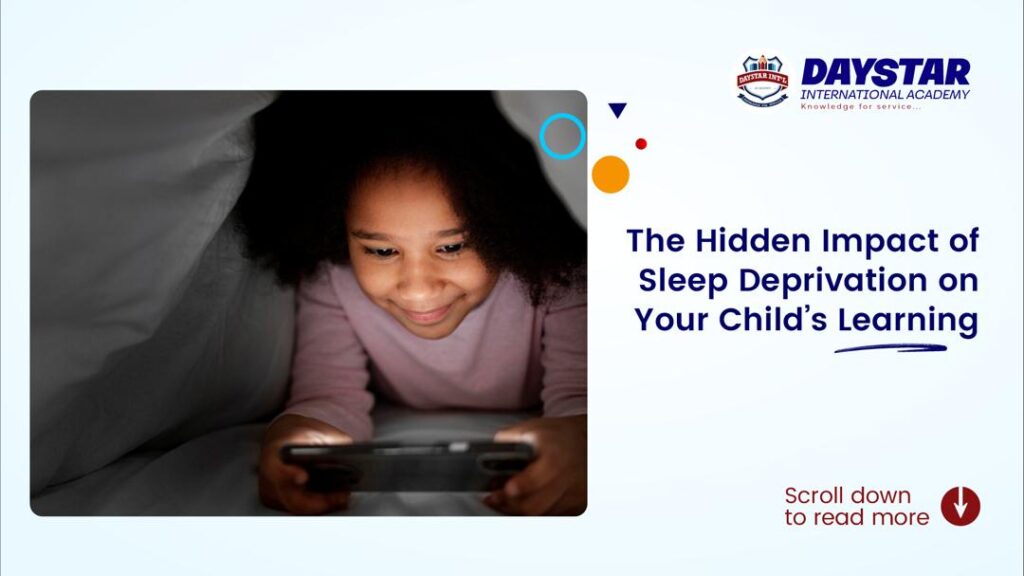
As parents, we know the importance of good sleep, but do we truly understand how crucial it is for our children’s academic success? Research shows that sleep deprivation can significantly affect your child’s ability to learn, focus, and excel in school. By ensuring they get enough rest, you’re helping them build a foundation for learning that will last a lifetime.
Here are five ways sleep deprivation can impact your child’s academic performance;
1. Difficulty Concentrating
A well-rested brain is like a sponge, ready to absorb new information. Without enough sleep, your child might find it hard to focus in class, making it difficult to keep up with lessons.
2. Memory Problems
Sleep is essential for helping the brain store and remember information. If your child isn’t getting enough sleep, they might have trouble remembering what they’ve learned, which can make it harder to do well on tests and homework.
3. Mood Swings
Lack of sleep can lead to irritability and mood swings. A tired child is more likely to feel frustrated or overwhelmed by schoolwork, leading to a negative attitude toward learning.
4. Reduced Problem-Solving Skills
When kids do not get enough sleep, they may find it harder to independently tackle school tasks or be creative, which can affect how well they do in subjects like math or science.
5. Low Immunity
Sleep is vital for a healthy immune system. Kids who do not get enough rest are more likely to get sick, leading to more missed school days and a greater challenge in keeping up with their schoolwork.
Ensuring your child gets enough sleep is one of the simplest yet most effective ways to support their academic success. Children aged 3-5 need 10 to 13 hours of sleep, while those aged 6-13 require 9 to 11 hours. Encouraging a consistent bedtime routine, limiting screen time before bed, and creating a sleep-friendly environment can help ensure they get the rest they need to thrive academically and emotionally.
